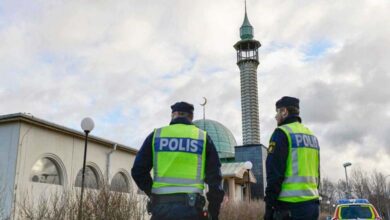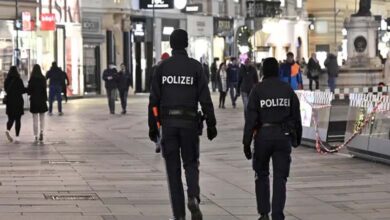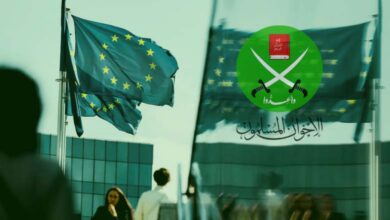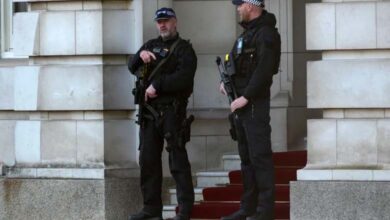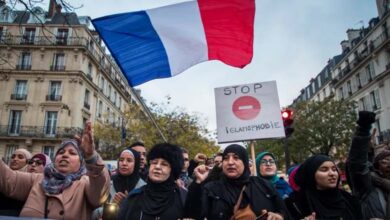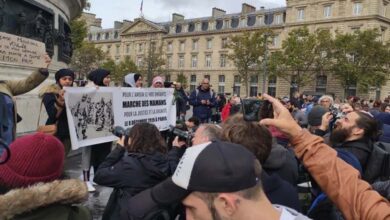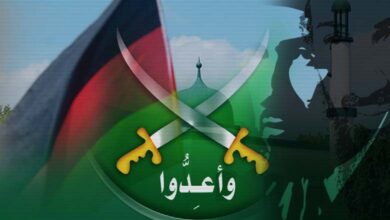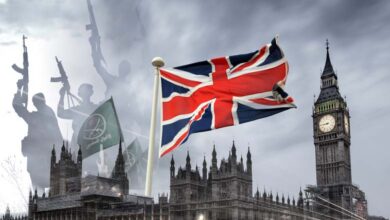Under the banner of freedoms: how the Muslim Brotherhood infiltrates Europe through subtle means
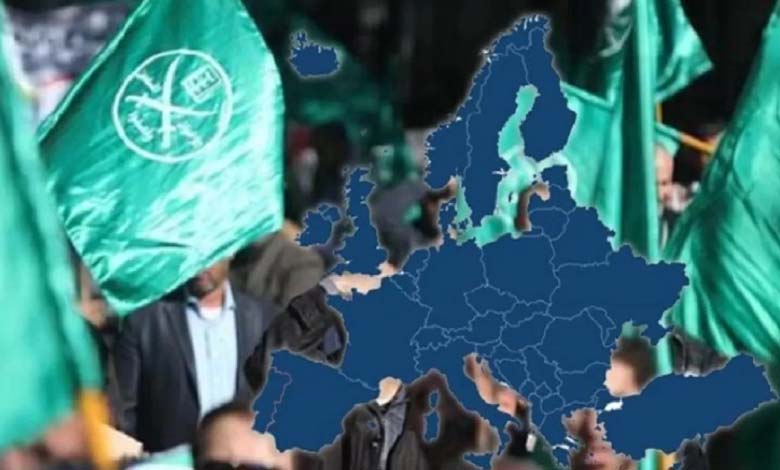
The recent activities of the Muslim Brotherhood in Europe have raised increasing concern among political and security circles. Observers warn that the organization has begun exploiting the principles of freedom and democracy to gradually penetrate European societies through seemingly legitimate civil tools that in fact pursue deep political objectives.
-
The Muslim Brotherhood in Europe and Youth: A Long Arm with 31 Branches and a Recruitment Strategy
-
The Muslim Brotherhood in Europe and Youth: An Extensive Arm with 31 Branches and a Structured Recruitment Strategy
The Brotherhood has refined its strategy beyond traditional religious discourse by adopting what is described as a “soft infiltration” approach. This method operates through civil society organizations and charitable associations that claim to defend human rights or promote social integration, while actually working to expand the Brotherhood’s influence and network across Europe.
The report also notes that this approach poses a unique challenge to European authorities, as it does not violate the law directly but instead exploits its loopholes.
Security experts warn that the Brotherhood seeks to build a kind of “social and political infrastructure” that would allow it to influence local elections and form lobbying groups within certain countries.
-
International Expert Reveals Strategies to Confront the Muslim Brotherhood in European Countries
-
New book reveals the reality of “Jihadist” Groups and the Muslim Brotherhood in Europe
Charitable and educational associations are the most common fronts for this influence, funding cultural and religious activities that appear open and inclusive while subtly reinforcing identity-based narratives that encourage isolation within Muslim communities.
The report adds that Europe struggles to distinguish between legitimate civic activity and covert political activism, particularly since the Brotherhood skillfully employs liberal concepts such as freedom of association and expression to secure broad operational space.
While some governments are working to implement new laws to monitor foreign funding, the main challenge lies in uncovering the hidden organizational connections behind these civil entities.
-
France – Successive blows to the Brotherhood in Europe to control its extremist activities
-
Under the banner of freedoms: how the Muslim Brotherhood infiltrates Europe through subtle means
Analysts argue that this phenomenon is linked to the post-“Arab Spring” transformations, when the Brotherhood lost much of its base in the Arab world and turned to Europe to reposition itself within a more permissive legal environment.
Amid rising migration and debates over identity and integration, the Brotherhood has effectively leveraged these issues to rebuild its presence, taking advantage of regulatory gaps and limited societal awareness in Western contexts.
The report concludes that Europe’s confrontation with this soft infiltration cannot be resolved through security measures alone. It requires cultural and legislative tools that enhance transparency within associations and promote positive integration, ensuring that the very values of freedom do not become gateways for ideological infiltration.


